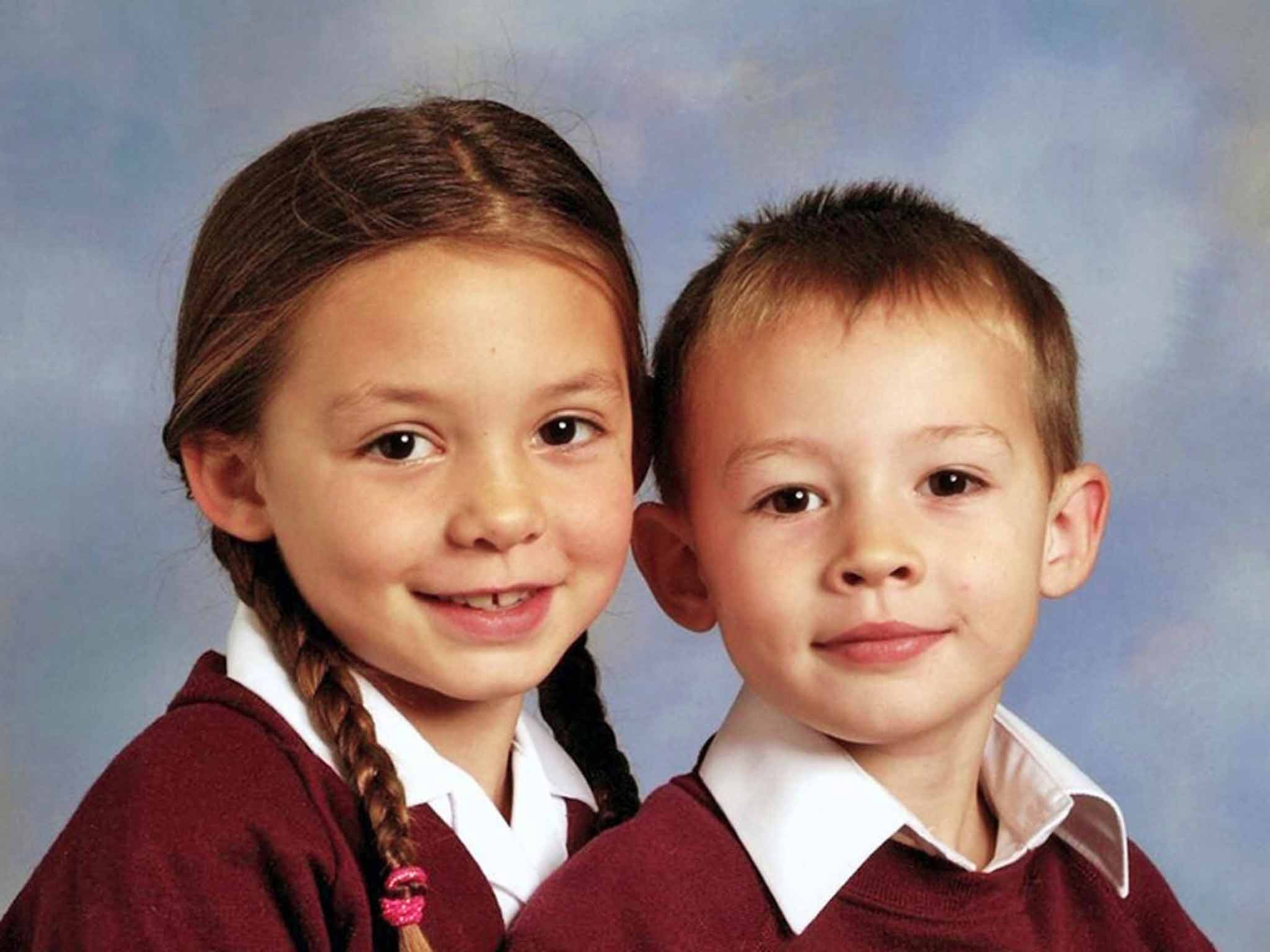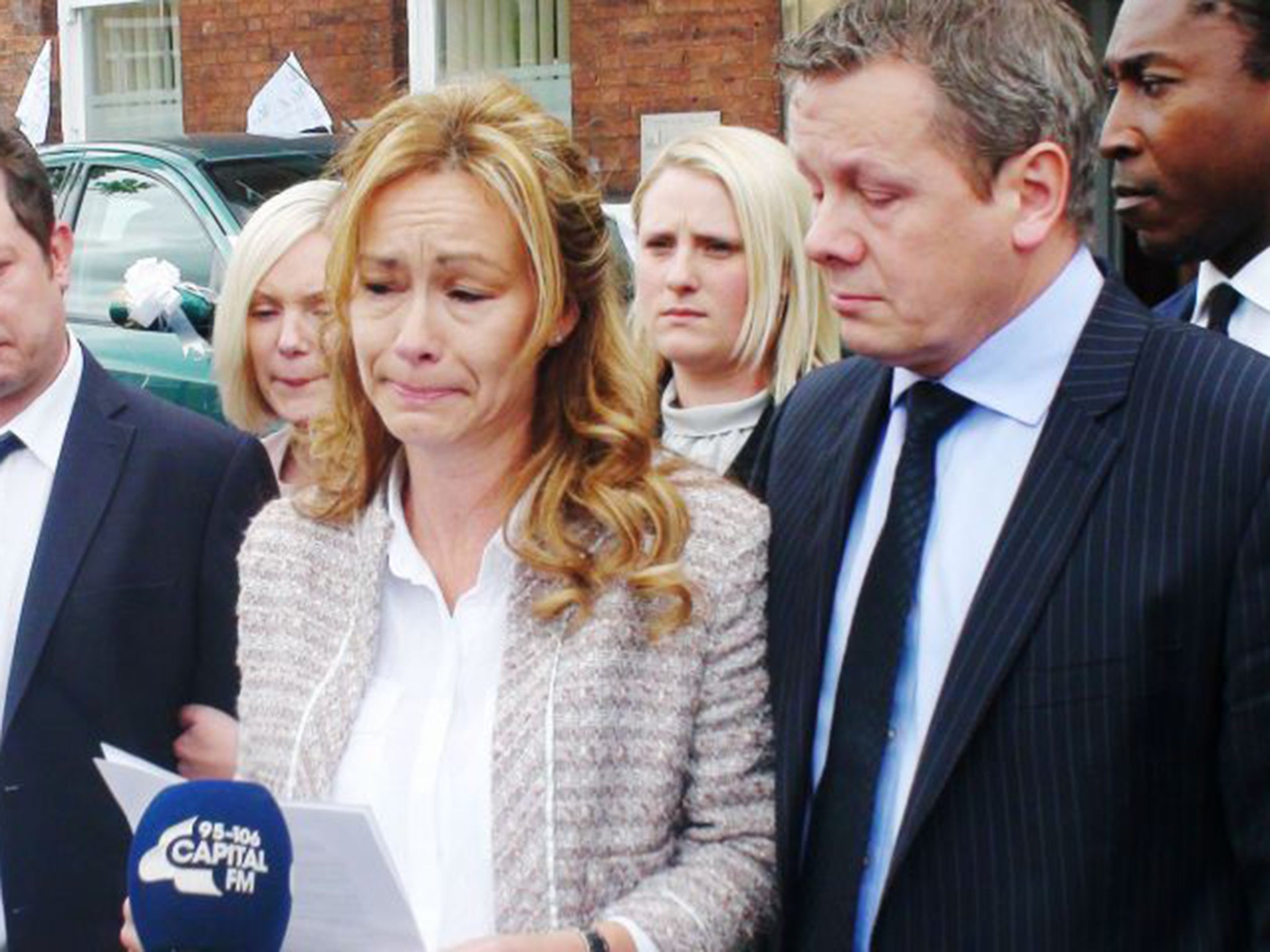Thomas Cook: From a tragedy to a corporate disaster
Nothing Thomas Cook could ever do would bring back the two children killed by carbon monoxide poisoning on a Greek holiday in 2006. But the firm’s handling of the case has been a lesson in how not to manage a crisis

Your support helps us to tell the story
From reproductive rights to climate change to Big Tech, The Independent is on the ground when the story is developing. Whether it's investigating the financials of Elon Musk's pro-Trump PAC or producing our latest documentary, 'The A Word', which shines a light on the American women fighting for reproductive rights, we know how important it is to parse out the facts from the messaging.
At such a critical moment in US history, we need reporters on the ground. Your donation allows us to keep sending journalists to speak to both sides of the story.
The Independent is trusted by Americans across the entire political spectrum. And unlike many other quality news outlets, we choose not to lock Americans out of our reporting and analysis with paywalls. We believe quality journalism should be available to everyone, paid for by those who can afford it.
Your support makes all the difference.Any tragedy involving children evokes strong emotions and the case of Christianne and Robert Shepherd, who died from carbon monoxide poisoning while they were on holiday in Corfu with their father and his partner in 2006, has tugged at the heartstrings of many.
Although the incident took place nearly a decade ago, the conclusion of the inquest in Wakefield last week brought it back into the public eye and Thomas Cook has found itself under fire on social media such as Twitter and Facebook over how it handled the situation. Some people have even threatened never to book with the company again.
Thomas Cook was cleared of any responsibility at a criminal trial in Greece in 2010, and last week the inquest accepted that it had been misled by the hotel, although it deemed Thomas Cook’s health and safety audit to be inadequate.
Yet there are two key aspects that anger the public: the lack of an apology to the grieving parents, and the revelation at the weekend that the company received more than £1m in compensation from Louis Group, the owner of the hotel in Corfu.
Given today’s litigious culture, some would argue that a company in Thomas Cook’s position had no choice but to play it by the book. Its public relations team would likely have been advised by management and lawyers, and while the PR group Finsbury, which has been an adviser since November, would offer advice, again, management and lawyers would be prominent forces in deciding how to deal with the case.
Other experts, however, argue that it could have handled the situation better.
The question of an apology
The lack of a clear apology from Thomas Cook, with several former employees exercising their legal right not to answer questions at the inquest, could affect the firm’s reputation, claims Francis Ingham, the director general at the Public Relations Consultants Association.
Peter Fankhauser, who has been chief executive at Thomas Cook since November 2014 told the inquest jury: “I feel so thoroughly, from the deepest of my heart, sorry but there’s no need to apologise because there was no wrongdoing by Thomas Cook.”
Mr Ingham said: “When companies go into defence mode, they stop being human. The fundamental fact is that they [Thomas Cook] were not human. They needed to show they understood some of the pain caused.”

Sharon Wood, the children’s mother, has insisted that Thomas Cook should have apologised at the inquest. An attempt by the company to send a letter of apology from Mr Fankhauser to the parents on Friday also backfired when the parents first heard about it from reporters over the weekend. Mr Shepherd and Mrs Wood responded with a statement: “We haven’t had this so called letter of apology. It’s not an apology for their wrongdoing but a general offer of sympathy. It does not address the central issue that their Safety Management System failed and it does not apologise for that.”
Mr Ingham added that he believed the company “have got it wrong the whole way through”.
His views are shared by Phil Hall, the former News of the World editor who founded PHA Media, which specialises in areas of public relations such as crisis and campaign management.

Mr Hall said: “I think the problem is that they were looking at the legal point and not the man on the street’s point – and its core customers will not be lawyers, but the man on the street, and you have to look at how they would react to the case. You have to show humility and you have to say sorry properly.”
On the day of the inquest, a Thomas Cook company spokesman said: “Everyone at Thomas Cook was shocked and deeply saddened by the tragic loss of Robert and Christianne Shepherd in 2006.
“Thomas Cook recognises that the pain caused by this terrible accident will never go away and must be still very hard for friends and family to bear.”
Compensation
At the weekend it emerged that Thomas Cook received compensation from the Louis Group, the owner of hotel in Corfu whose manager was convicted of manslaughter and jailed by the 2010 trial in Greece, along with two other members of staff.
In 2013 and 2014 Thomas Cook received £1.5m in connection with a settlement with Louis Group in relation to a case brought by Thomas Cook in October 2012.
Yesterday afternoon the travel company announced it had donated the £1.5m received to the children’s organisation Unicef, and stressed that the company had not profited “in any way from our claim against the hotel owner”.
Mr Ingham said such a move would mean the story would “now stop being about them being awful and shows instead that they are seeing the error of their ways”.
In the statement, Mr Fankhauser also used the words “I apologise”, saying: “I believe this is the right thing to do and I apologise to the family for all they have gone through.”
Lasting damage
Clearly Thomas Cook could have seemed to be more human from the beginning, but it is fair to say that when it comes to a crisis, some senior staff can fail to understand that lack of communication can cause much more damage than speaking out.
Management could have had the best public relations advice in the world, but may regard their lawyers’ advice as more important.
The charity donation and apology to the family may be of some comfort, but Mr Hall thinks more action is now needed. “I believe strong steps should be taken to regain some of the trust … This could include the removal of some of the senior personnel at Thomas Cook.”
The group’s shares were down 3 per cent yesterday at 156.1p and it is yet to be seen how much more of a lambasting it will get this week.
One financial analyst said yesterday that in the short-term there could be a financial impact but believes it will “be short term”, with no major impact on revenues.
While the company may not fall entirely out of favour with investors, the case has highlighted that sometimes the head should not overrule the heart if a firm wants to keep its core customers on-side.
Join our commenting forum
Join thought-provoking conversations, follow other Independent readers and see their replies
Comments